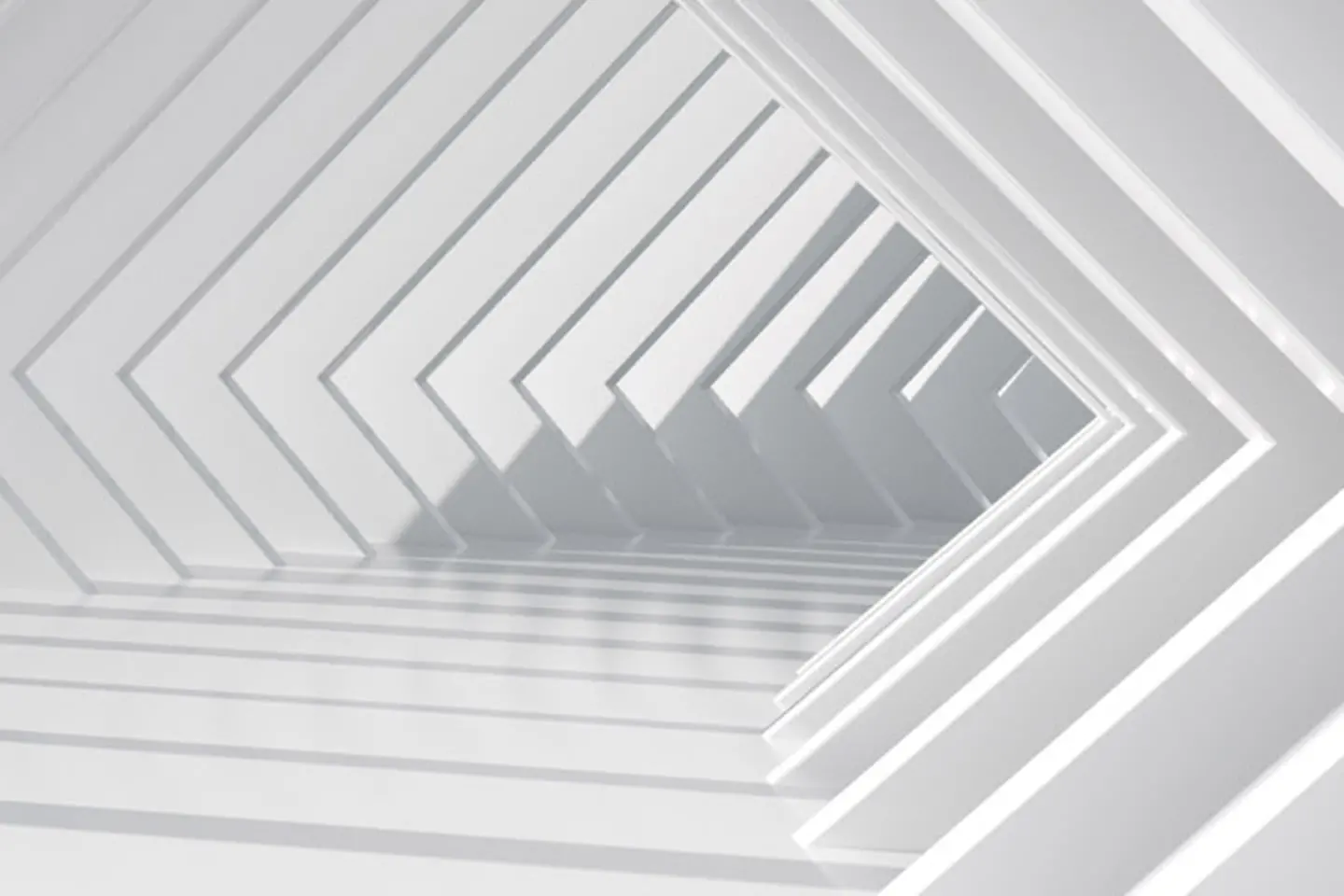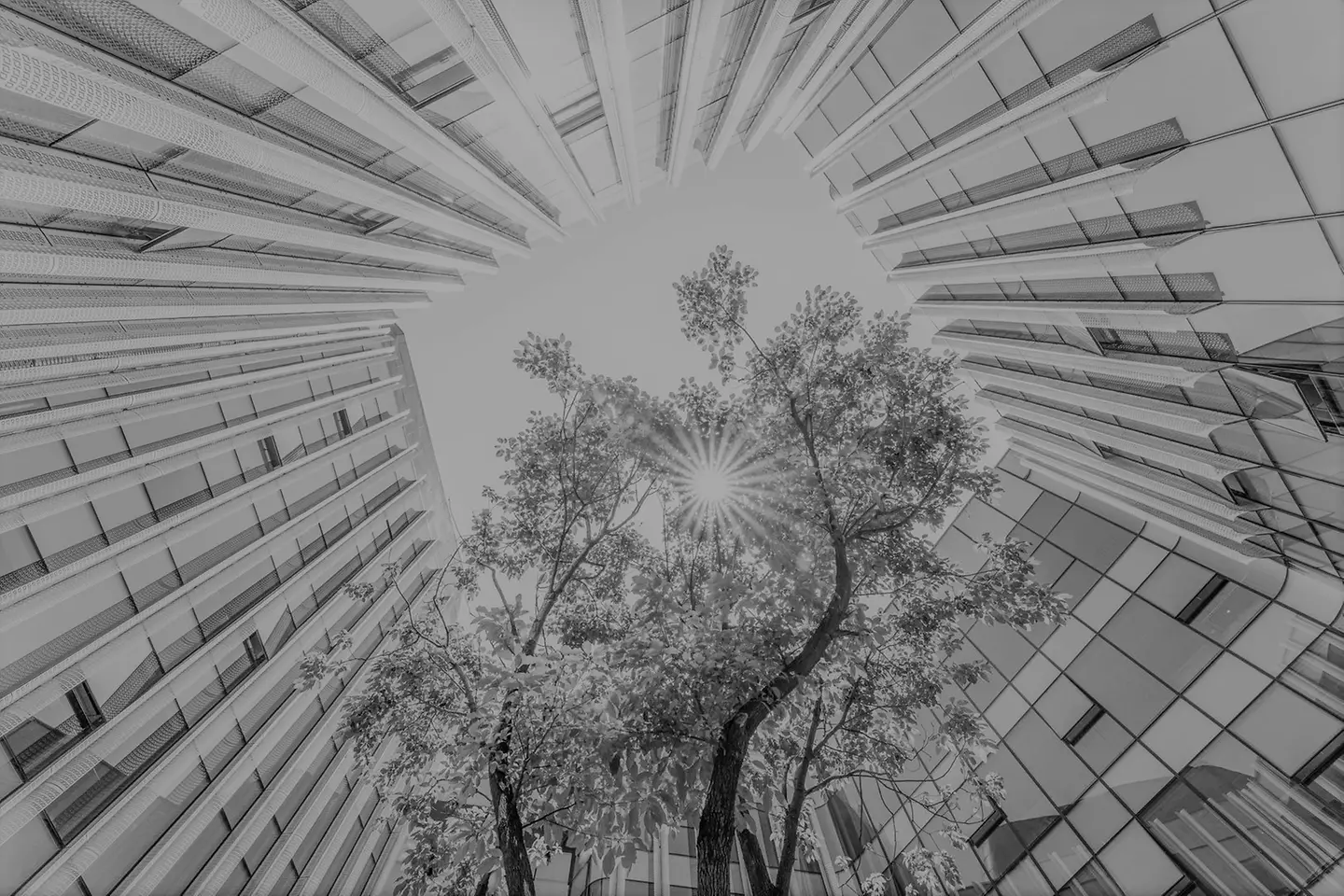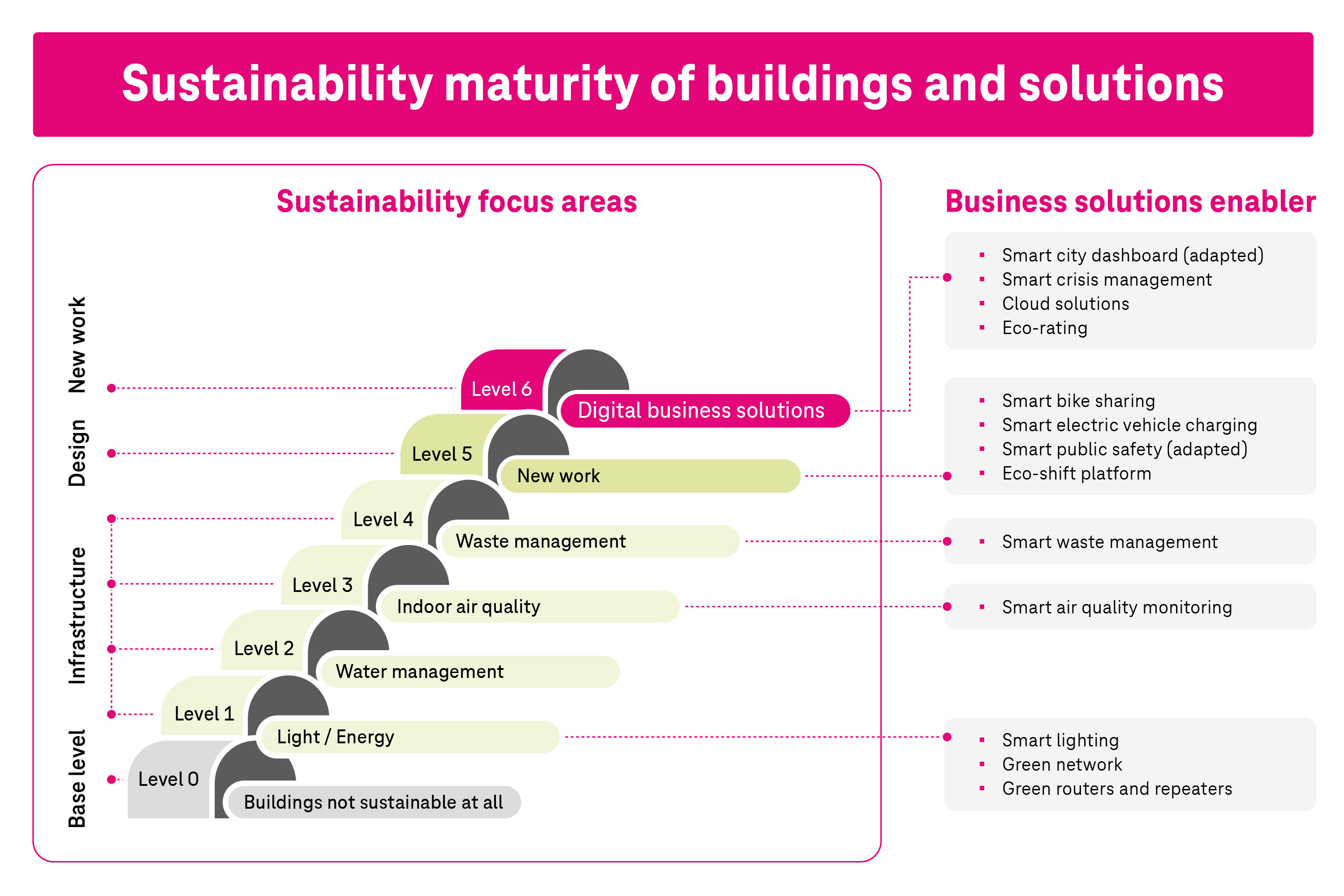
There are many different sources of emissions and opportunities to rethink exactly there. If we consider that the world population is growing, housing is a basic need and industry building and factories are part of todays´ and tomorrows´ economy, the operation and management of buildings has a central role that needs to be analyzed more closely.

According to Breakthrough Energy, three out of five sectors cause the most emissions worldwide. All areas play a significant role in the environment impact of the construction of new buildings or their maintenance. So buildings are responsible for 30-40% of total urban emissions, of which 28% are due to operations and 11% to materials and construction. With the world population projected to reach 9.7 billion by 2050, demand for buildings will continue to grow, making sustainability in the construction industry more important than ever.
According to a report by the World Green Building Council (WGBC), there is a growing trend of companies recognizing the importance of sustainability in the built environment. This report found that 73% of the surveyed companies recognize the economic benefits that sustainability has on them, while 70% believe that sustainability is relevant to their customers. Moreover, 58% of companies are committed to reducing their building environmental impact, 59% have set targets to reduce energy use and 44% have implemented green building certification schemes. These data show a positive trend towards greater awareness and action toward sustainability and energy efficiency in the construction industry, despite having still a long way to achieve the COP-21 target of reducing buildings’ emissions from 80 to 90% by 2050.
Sustainability is a challenge that affects all generations, and we are committed to fostering a culture of sustainability among all our employees. Times are over for dreaming. It’s time to act, to contribute, and to co-create. We at T-Systems believe that everyone has a role to play in creating a sustainable future, and we are proud of our employees’ dedication to reducing our carbon footprint and the effort to include the sustainability concept at all levels. As part of the Chief Tomorrow Officer program, we are developing a solution that consists of a B2B App that companies can use in order to achieve their sustainability objectives. The App will make it easier for companies to create a clear path towards full sustainability, with a user-friendly interface capable of meeting the unique needs of different companies while identifying areas for improvement in their buildings. The aim of this service is to accelerate sustainability in the office buildings, but in a progressive way, making it more feasible and realistic.

The App will enable companies to see the sustainable development improvements that could be done on their buildings on aspects such as light and energy, water management, or new work. Then, they would be able to select the changes they want to implement in their offices, from the suggestions generated in the App.
In the Chief Tomorrow Officer program, it is key to find support within the company to further develop the idea and find an area in which the solution could be implemented. In order to be able to continue developing the sustainable accelerator app, the sustainability core team, together with the digital solutions team, has been of great support. Even though the project is still in the prototyping phase, there are multiple possibilities inside the company to implement it, as well as experts willing to contribute to its development, showing once again the eagerness of T-Systems International to give sustainability the space it deserves.
Digital, sustainable and flexible - these are T-Systems' new offices in Barcelona, opened in Catalonia's high-tech hot spot 22nd of February 2023. It is a modern and innovative workspace that was designed for sustainability as a priority. Its design promises to reduce CO² emissions by 10 percent, energy consumption by 32 percent and water consumption by 50 percent. The green building includes sustainability features such as, solar panels to generate renewable energy, a design that increases natural light and air circulation or a parking for electric vehicles with 65 parking spaces for electric vehicles, therefore promoting a sustainable mobility. What is more, it also includes around 600m2 of green space, giving importance to health and comfortable work environment. For me it´s no surprise that the building has been awarded WELL Gold certification, which recognizes commitment to human health and well-being.
Sustainability is an integral part of our operations and culture. Our commitment to sustainability is not only driven by the need to protect the environment, but also to meet the growing demand from customers and employees for more sustainable solutions. Let's get back to the initial question “Are sustainable buildings just a fairy tale?” it should have become clear that creating and managing 100% sustainable buildings is becoming a reality, but it’s for sure a gradual process that requires effort, innovation and an environmental focus.
If you would like to learn more about how companies can become innovatively greener with cooperation, the right use of technology and a new mindset, we recommend the article “Are we smart enough to be sustainable?” by Stephan de Haas.